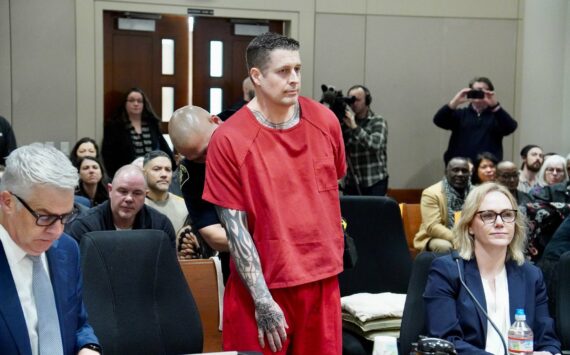In a short memo delivered earlier this month, U.S. Attorney General Jeff Sessions reversed his predecessors’ steps away from mass incarceration by ordering federal prosecutors to “charge and pursue the most serious, readily provable offense.” While this order applies to all federal prosecutions, the order will particularly affect drug crime cases, which in combination with mandatory minimum sentences have heavily contributed to America’s high level of incarceration. Where AGs in the Obama administration had begun a tepid retreat from the War on Drugs, using prosecutorial discretion to sometimes reduce charges against some drug offenders, Sessions’ memo doubled-down on it.
In response, thirty current and former state and local prosecutors have signed an open letter opposing Sessions’ memo, according to The Washington Post. (Sessions only has authority over federal prosecutors, not any of the letter’s signatories.) Among them was King County prosecutor Dan Satterberg. In an interview last week, he told us that with regard to “the War on Drugs…I think everyone can admit that that was the wrong response” and said he’s ready to use his office to defend Seattle and King County’s planned pilot safe drug sites, which will epitomize the kind of drug user intolerance Sessions opposes.
The open letter Satterberg co-signed reads in part, “There is no empirical evidence to suggest that increases in sentences, particularly for low-level offenses, decrease the crime rate…Although there are no certain benefits to the newly announced policy, there are definitive and significant costs,” including dollars to pay for prisons and human lives with which to fill them. “In essence, the Attorney General has reinvigorated the failed ‘war on drugs,’” reads the letter.
“We will continue in our own jurisdictions to undertake innovative approaches that promote public safety and fairness, and that ensure that law enforcement’s finite resources are directed to the arrest and prosecution of the most serious offenders. It is through these priorities that prosecutors can best advance public safety and fortify trust in the legitimacy of our crimial justice system.”
cjaywork@seattleweekly.com
This post has been updated.







